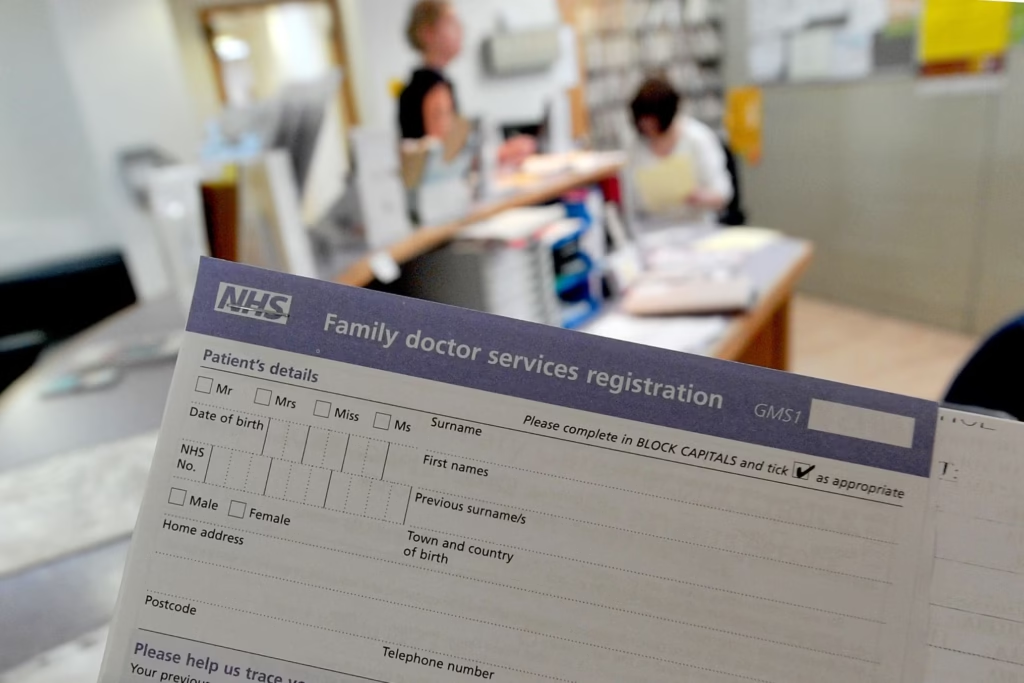Getting free birth control is easy. Many people can walk into a clinic and access it without much hassle. But trying to get a GP appointment is a completely different story. Long waits, limited slots, and high demand make it a real challenge. This feels unfair to many people. How can the NHS provide free contraception but still struggle to offer basic GP access? Is this problem caused by politics, priorities, or something else? It’s an issue that affects trust in the NHS.
The NHS Double Standard: GP Delays vs Free Birth Control
Free birth control helps people stay healthy. It prevents unplanned pregnancies and gives everyone access to important healthcare. It benefits young people, low-income families, and those who may not afford contraception otherwise. This policy supports equality by making these services free for all.
But some people ask, why is this being funded when it’s so hard to get a GP appointment? It’s hard to ignore the bigger problems in the NHS while celebrating free contraception.
Why NHS GP Appointment Delays Are Getting Worse
Many people feel frustrated about booking GP appointments. The demand for appointments is very high. However, GP surgeries have only a limited number of slots each day. This problem has become worse over the years.
There are fewer fully trained GPs now than before. At the same time, the UK’s population is growing. This means fewer doctors have to help more people. The workload for GPs has also grown. This reduces the time and energy doctors have to see patients.
The pandemic made this issue worse. During COVID-19, many face-to-face appointments stopped. Most consultations happened online or over the phone. This was necessary during the pandemic, but it made accessing care more difficult for many.
What’s Behind the Delays in GP Access?
The main problem is how the NHS uses its resources. The NHS has a limited amount of money. It has to divide this money between many needs, like hospitals, GPs, and public health programs. Deciding where the money goes is never easy.
Politics also plays a big role. Sometimes, the government funds services like contraception because they look good in the media. These projects get attention because they are high-profile. Meanwhile, less visible but equally important services, like GP access, may not get enough funding.
Local healthcare boards also decide how budgets are spent. What gets funded in one area might not be a priority in another, leading to differences in healthcare access depending on where you live.

What’s Being Done to Fix GP Appointment Delays?
People have devised solutions to fix the GP appointment issue. One suggestion is to train more doctors, but training takes time and resources. Another solution is to ensure doctors don’t leave their jobs. Keeping experienced GPs in the NHS is as important as training new ones.
Digital tools are also helping. For example, some patients can get help from online consultations without visiting a GP. Educating people about self-care is another idea. If more people understand when to see the doctor and when to manage at home, the system could ease up.
Encouraging people to use other healthcare providers, like pharmacists, is another good step. Pharmacists can help with many minor health issues. NHS 111 is also useful for advice and guidance if a GP appointment isn’t available.
Why Public Trust Matters
The NHS relies on people’s trust. That trust fades when people feel ignored because they can’t get appointments. This frustration can overshadow positive changes, like free birth control, making improvements feel less impactful.
Sadly, not everyone experiences the same level of service. Some areas do better than others because local boards have different budgets and priorities. These differences can make people feel like they are being mistreated.
Politics or Priorities?
The real issue is a mix of politics and priorities. Funding for the NHS isn’t unlimited, so leaders must decide which services to support. Sometimes, these decisions feel unfair to the public. Ethical frameworks guide resources, but not everyone will agree with those decisions.
Politicians also influence the NHS. Funding projects that make headlines often take priority. This doesn’t always align with what people need most. These choices create the feeling that politics might sometimes come before patient care.

Final Thoughts
Free birth control is a great step forward, but it’s not enough to solve bigger NHS problems. The systems for booking GP appointments need improvement. Resources must be shared fairly to meet everyone’s needs.
The NHS faces many challenges. Balancing the funding between services is incredibly hard. Still, change is possible. By bringing more doctors into the system, improving digital healthcare, and listening to the public, the NHS can become stronger for everyone.
For now, free birth control is worth celebrating. But we can’t ignore the ongoing issues with GP access. A fair and balanced NHS is the only way forward.
Thank you for reading, click the link to read more of our Most Recent Articles




Leave a Reply
You must be logged in to post a comment.